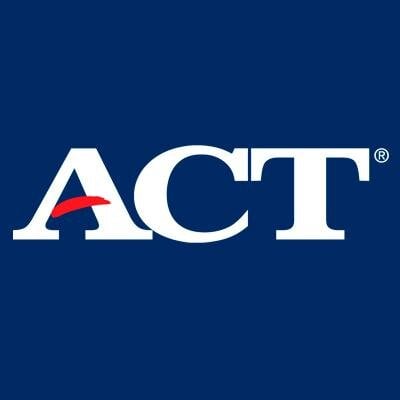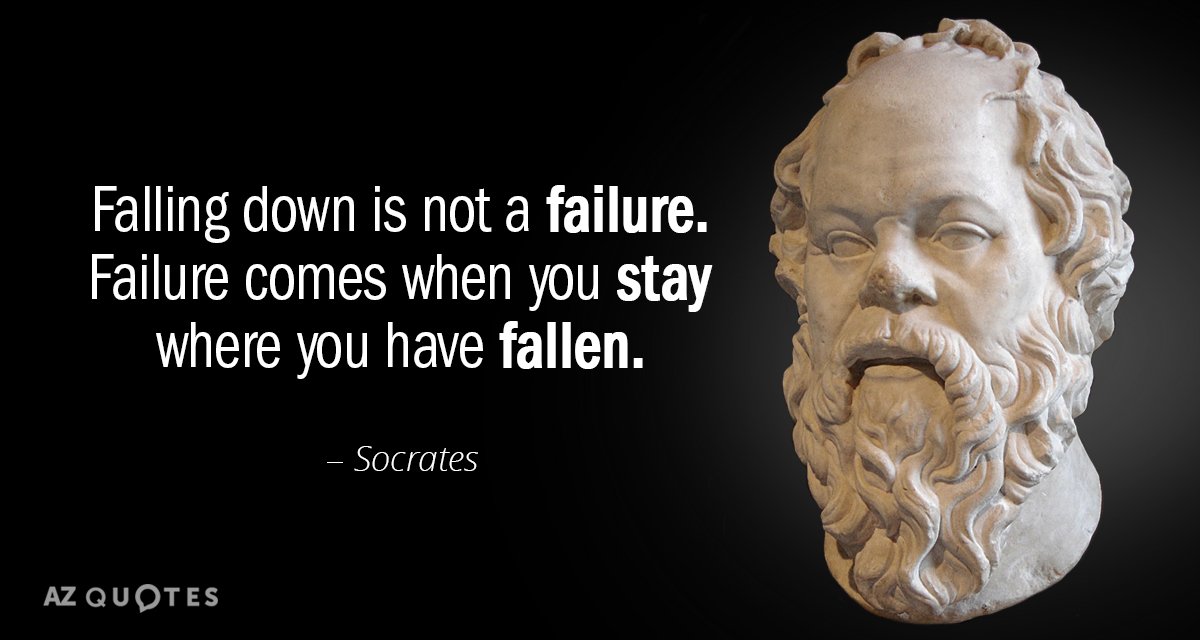 |
| By Unknown found on insidehighered.com |
In
a recent statistical announcement from the American College Testing (ACT) Inc. “The
national average scores on the subject area sections of the ACT—math, English,
reading, and science—as well as the composite score, all dropped slightly,
along with the percentage of students hitting college- and career-ready
benchmarks” this harsh decline in student readiness has raised the air-raid sirens
for the big-wigs at ACT Inc. and has, in a panic, caused ACT Inc. to incorporate
a couple of new methods which allow students to succeed with greater ease (Campbell,
2019). The first method, which will be
incorporated as of “September 2020” is the options for students to retake
sections of the ACT (Gewertz, 2019). The base price of the Act will cost “$52”
and will be split up into “four required sections: English, math, reading, and
science” with the option for students to “opt for a fifth section, in writing,
for an additional $16” and while section retakes have yet to be given a solid
market price “Pontzer (Mary Michael Pontzer) said it will cost less than
retaking the entire test”. The Next major section is the introduction of a “superscore”
a type of testing which will allow student, who’ve taken the test multiple
times, to have their best scores from each of their aforementioned test results
and use those as their official ACT results (ACT Inc., 2019). In simpler terms “When
students send scores from two or more test sittings, they calculate a score
that shows a student’s best scores for each subject, across all dates. ACT will
now do those calculations automatically and include them in students’ score
reports” (Gewertz, 2019).
Now, with all of this said, one might wonder to themselves:
“what is the public opinion about this very large scale reform?”, and I’m glad
you asked faceless audience I’m giving a voice to. The immediate opinion from
the public-corporate angle was “Generally, testing experts saw the ACT changes
as making the ACT more competitive against the SAT, but they were divided on
whether it would help low-income students” (Jaschik, 2019). But the uncertainty doesn’t stop there, “Robert
Schaeffer, public education director of FairTest: National Center for Fair
& Open Testing” declared that “clear winners” would “include ACT and the test-prep
industry ‘which will attract even more revenue from upper-income families seeking
to maximize the scores reported to admissions offices’” (Jaschik, 2019). Mr. Schaeffer even went as far as to call this
reform a “shrewd revision” that will “almost certainly boost ACT’S admissions
testing market share versus the SAT” (Jaschik, 2019). So needless to say, the initial responses to
this reform have been lukewarm at best and total distain from at least one very
vocal mind.
Now, from the perspective of a prospective-teacher, or
even an actual teacher, I don’t see that much can be done about the lukewarm
responses that his reform has seen. Since a teacher, or prospective-teacher,
has very little power over a corporate decision. One, which I might add, has
very little to even due with the teacher- outside of potentially changing
common core- due to ACT Inc. declaring that the tests “will be available only
to students who take the test in national testing centers on Saturdays,
starting in September 2020. ACT administers 62 percent of its exams this way.
Students or their families pay for the exam” additionally “the rest of the
students who take the ACT take it for free during the school day, as part of a
contract their districts or states signed with ACT.” (Gewertz, 2019). Thus,
everything is more-or-less out of our control.
Let’s take a step back and think about this from our perspective-
the prospective teachers. What can we do to help this decision move forward accordingly
or put a wrench in the machine. Well, the way I see it, whether you’re for or
against this reform, it’s going to be a reality. So, what I personally think
could be done is have us teachers- spread thin as we are- figure out ways to
help students not need to retake these test numerous times and instead let the lower
income students take advantage of the proposed lower prices. While we can fight
change- and we should since a lie (or in this case an action) unchallenged becomes
truth- this is a time where we’d be wasting our time fighting. What we should do
is look to take advantage of this system for the sake of our students and throw
aside our own petty pride- just this once.
Finally, let’s discuss the
impact this little mess would have on us. Remember my musings earlier about how
this could effect common core? Well, it’s still only a musing, but due to the
decline in student success and students lack of readiness “over the past five
years” there has been a prevailing method which effects student success which
is “The consistently good performance of students taking the core curriculum
sends a message to educators to start offering “rigorous courses to all
students,” said Marten Roorda, ACT’s chief executive officer” (Campbell, 2019).
Which again, is only the musings of a college student, but from what Marten Roorda
said, this could mean more rigorous accommodation mandated from teachers too.
Though, alas, only time will tell this story in full.
References:
Campbell, M. (2019,
November 4). College Readiness Concerns Raised by Latest Round of ACT Scores.
Retrieved from https://www.edweek.org/ew/articles/2019/10/30/college-readiness-concerns-raised-by-latest-round.html.
College and Career
Readiness Report. (n.d.). Retrieved from http://www.act.org/content/act/en/research/reports/act-publications/condition-of-college-and-career-readiness-2019-preview.html.
Gewertz, C. (2019,
October 22). ACT to Change How Students Retake Exam, Add 'Superscore'.
Retrieved from https://www.edweek.org/ew/articles/2019/10/08/act-to-change-how-students-retake-exam.html.
Inside Higher Ed. (n.d.).
Retrieved from https://www.insidehighered.com/admissions/article/2019/10/14/act-reforms-seen-giving-it-edge-vs-sat.



